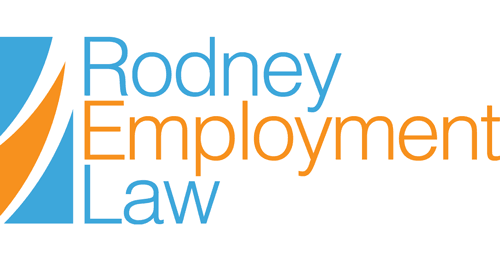There is new light at the end of the tunnel for employees suffering from acute workplace stress. In a recent decision, the Workplace Safety and Insurance Appeals Tribunal (WSIAT) allowed an appeal from an employee who was claiming mental disability from a workplace bullying situation. This is a marked change from prior policy of the board, where mental distress was limited to “an acute reaction to a sudden and unexpected traumatic event.”
The Background
The complainant in this case was a nurse at the same hospital for 28 years, and was described by co-workers as “caring and competent.” For the last 12 years of her employment, she was working under a doctor who effectively bullied her, interrupting her job performance and openly criticizing her in front of her colleagues. Concerned coworkers informed the team leader about the bullying, but no action was taken. The nurse was forced to leave her position in 2012, and underwent medical and psychiatric treatment. She was diagnosed with an adjustment disorder, exhibiting symptoms of anxiety and depression.
When the nurse filed a claim for mental distress through the Workplace Safety and Insurance Board (WSIB), it was denied because she did not have the acute reaction to a sudden event necessary to make such a claim. She appealed the decision, using the Charter of Rights and Freedoms (“Charter”) to challenge the board’s decision.
The Challenge
The appeal challenged the Workplace Safety and Insurance Act, 1997 (WSIA), which prohibits benefits for mental stress aside from those acute situations, on the grounds that it contradicts the Charter’s guarantee to equal treatment without discrimination based on mental disability.
The Charter guarantees all Canadians to equality under the law without regard to discrimination on a list of prohibited grounds including race, age, gender, and in this case mental and physical disability. The nurse here claimed that the prohibitions in the WSIA as out of line with the freedom from discrimination.
The Tribunal’s Decision
In their analysis, the Tribunal held that the WSIA sections did discriminate against individuals with a mental disability. It stated that a mental disability is not unlike a physical disability that results from work such as a back injury – it may not occur from a sudden and unexpected event, but rather gradually develop over time. The Tribunal found the sections of the Act discriminatory, stating, “while the Legislature may have been attempting to bring clarity to mental stress claims, the unfortunate effect is the exclusion of many types of mental disability claims from coverage under WSIA, sending an implicit message that mental disability is not “real.”
The Tribunal compared the exclusion of most mental health claims to the exclusion of all lung cancers except for those caused by asbestos, or all back injuries except for those caused by a fall from a height. The Tribunal reasoned that many people suffering from workplace mental health issues lacked any alternative resource to pursue their grievances, and lose benefits such as the re-employment protection provided by WSIA.
In short, the Tribunal reasoned that the WSIA prohibitions against approving mental health claims should not apply to the nurse. Her appeal was allowed, and her claim for coverage was granted.
Elsewhere in Canada
While most provinces have developed blanket legislation protecting workplace harassment, British Columbia has specifically developed laws against workplace bullying. The B.C. Occupational Health and Safety Regulation (“OHS”) defines bullying and harassment as “any inappropriate conduct or comment by a person towards a worker that the person knew or reasonably ought to have known would cause that worker to be humiliated or intimidated.” This encompasses everything from verbal aggression or insults to spreading malicious gossip or rumors about a person to engaging in targeted social isolation. Nor is the prohibition limited between co-workers – employers must implement measures to ensure bullying from clients or customers is prevented and minimized as well.
What You Should Know
This decision could effectively open the door for the WSIB to begin receiving legitimate workplace mental stress claims. Many workplaces are stressful, and many jobs have elements of stress during certain peak periods – the bulk of which would not warrant coverage under the WSIA.
However, this decision is the start of serious and prolonged cases of workplace bullying and harassment being recognized as workplace injuries in Ontario. Mental health in the workplace is a growing topic of conversation, but this is just the beginning. Cases such as these could bolster the call for province-wide legislation protecting the mental health of all employees.
To learn more about how to improve mental health at your workplace as an employer or an employee, contact us for more information.
Disclaimer: this post is intended for educational and non-commercial purposes only and is not intended to be a source of legal advice to any person in respect of any particular legal issue; it does not create a solicitor-client relationship with any readers. If you have a legal issue or possible legal issue, please contact us.